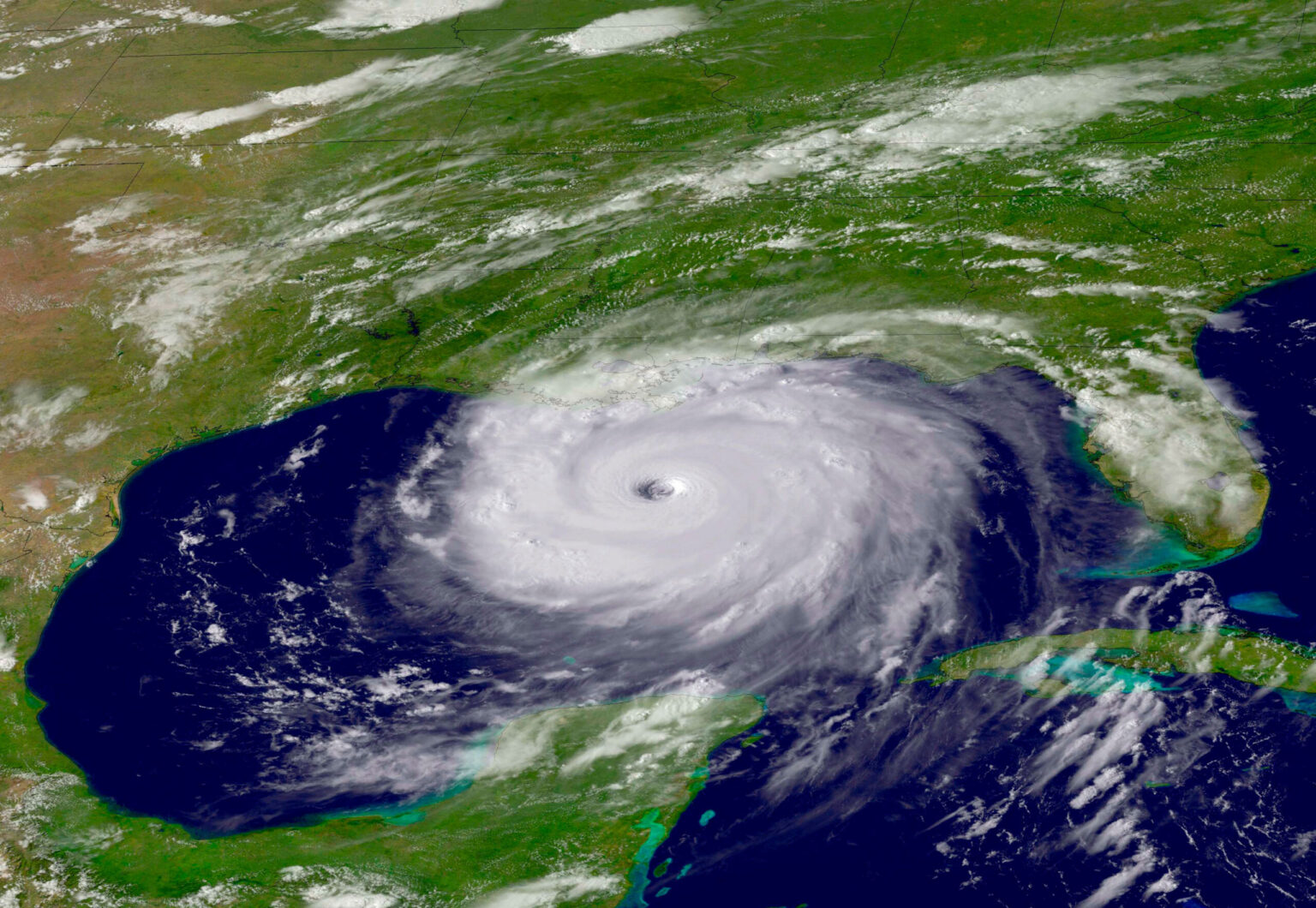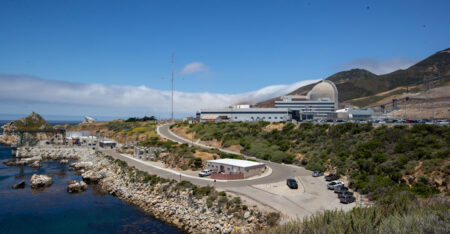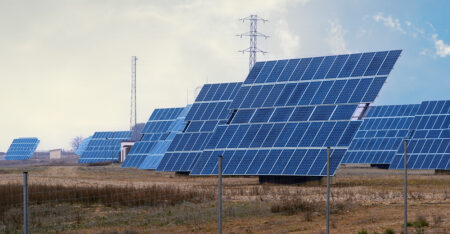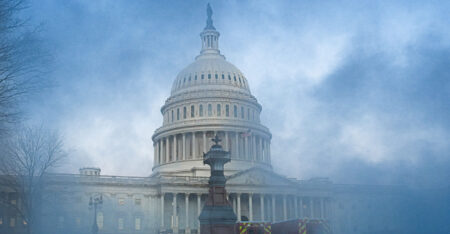Climate alarmists, including President Joe Biden, have consistently said that America could look forward to worsening hurricanes and extreme weather, thanks to climate change.
In fact, at COP28 in Dubai, there was talk about creating a fund to aid countries incurring damages from hurricanes due to climate change.
Don’t take the bait.
Such inane arguments do nothing but generate clamor for raising money to solve a nonexistent problem.
Just look at the data. For example, National Oceanic and Atmospheric Administration data in Chart 1 depict the number of hurricanes hitting the U.S. mainland from 1851 through 2022.
Hurricanes are categorized according to severity by the Saffir-Simpson Category Index at levels ranging from 1 (least severe, exceeding 74 mph winds) to 5 (most severe, exceeding 157 mph winds).
As the chart illustrates, there has been significant variability in hurricanes since 1851, with no meaningful increase since preindustrial times.
Since the start of the 20th century, America has seen an average of 17 hurricanes per decade, with slightly more than five hurricanes per decade exceeding Category 3 levels. That data also indicates that there were slightly more than two hurricanes at or exceeding Category 4 levels (exceeding 130 mph winds) per decade and thus relatively rare.
Myriad factors affect hurricanes, and the associated variation and unpredictability of such factors make it difficult to isolate trends. For example, oceanic temperature events such as El Nino and La Nina, as well longer-term cycles, such as the Pacific Decadal Oscillation and the Atlantic Multidecadal Oscillation (AMO), may contribute greatly to the incidence and severity of hurricanes in particular localities.
When the Atlantic Ocean was cold in the 1960s to early 1990s (negative AMO), Atlantic storms were much less frequent and landfalls were mostly limited to the Gulf Coast. On the other hand, when the Atlantic swung into its multidecadal warm mode in the late 1990s, the activity in the Atlantic Ocean more than doubled on average, and some hurricanes made landfall further north, as we had seen in the prior warm period from 1938 to 1960.
A broader, global analysis can allow scientists to see beyond such seesaw effects. Fortunately, good satellite technology to enable comprehensive observation of global—including oceanic—behavior has been available for the past several decades.
Chart 2 provides satellite-based data on global hurricane frequency from Colorado State University since 1980.
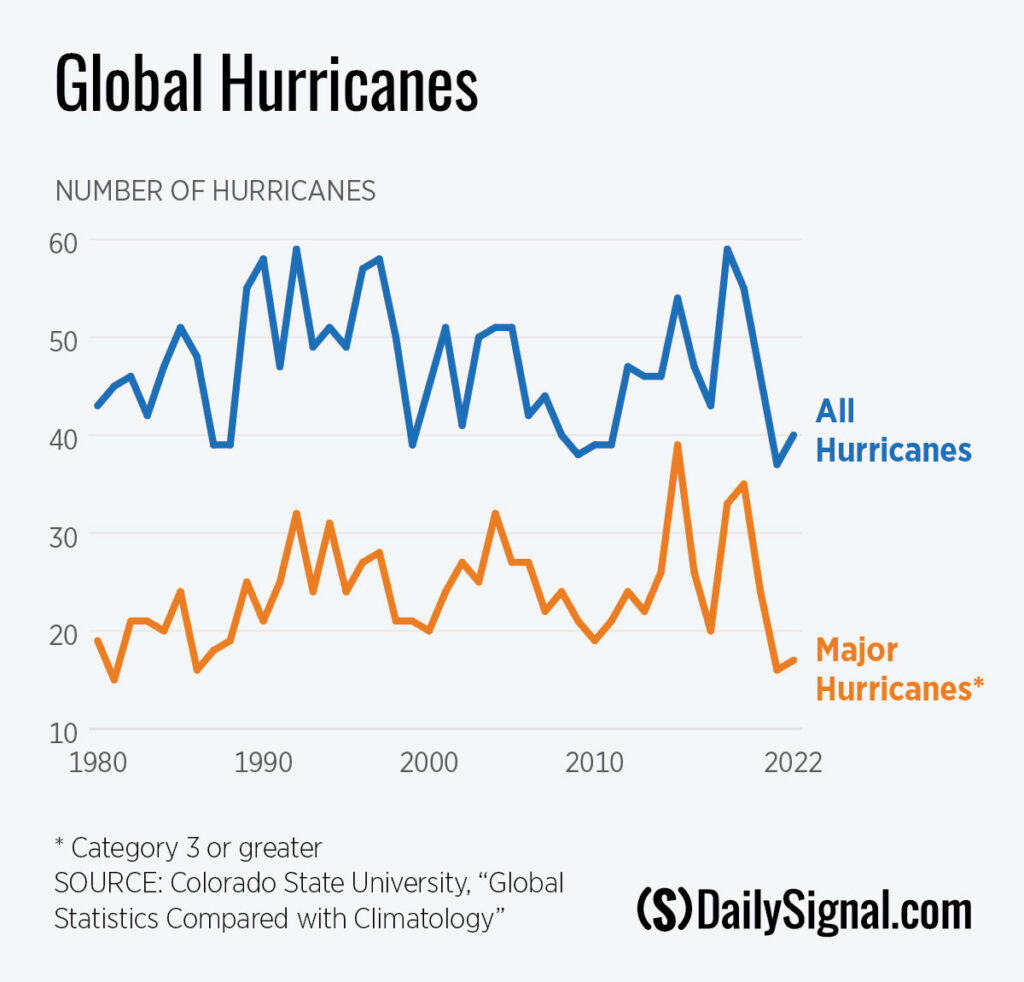
As it illustrates, over the past four decades, there has been no clear global long-term trend in either the number of total hurricanes (maximum sustained winds of 64 knots or greater) or major hurricanes (Category 3+).
During the 21st century, Isabel in 2003; Charley, Frances, Ivan and Jeanne in 2004; and Dennis, Katrina, Rita and Wilma in 2005 all made landfall. The year 2005 holds the record for five Category 4 and four Category 5 storms.
At the time, some speculated this would be the new norm for the Atlantic hurricane season due to climate change. The National Academies of Sciences in the United States and the Royal Society in the United Kingdom were just two among many scientific organizations issuing statements about human-caused warming. The devastating 2005 hurricane season hardly seemed coincidental.
However, after the active 2005 season and before the landfall of two major storms on the U.S. in 2017, the U.S. went 4,324 days (just short of 12 years) without a major hurricane landfall, exceeding the prior record eight-year lull in the 1860s.
Obviously, no one ever wants to deal with hurricanes or extreme weather. The reality is, however, such events are inevitable, and we need to be able to adapt to them.
But instead of advocating for damage-mitigation funds for a nonexistent increase in hurricanes, lawmakers should seek to promote, and not stifle, economic growth to enable Americans to have higher incomes.
These types of positive efforts will be the best way to equip people to deal with these and other adverse events that may come their way.
Have an opinion about this article? To sound off, please email letters@DailySignal.com, and we’ll consider publishing your edited remarks in our regular “We Hear You” feature. Remember to include the URL or headline of the article plus your name and town and/or state.
Read the full article here





